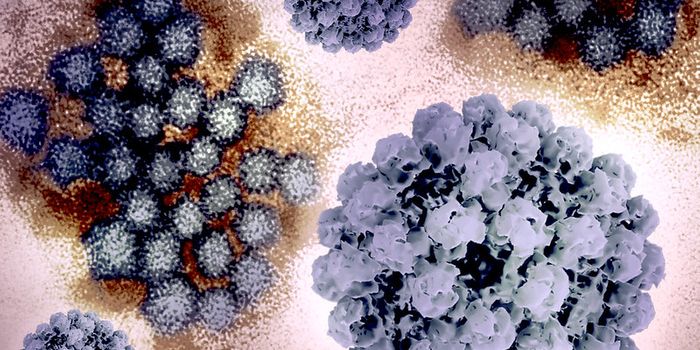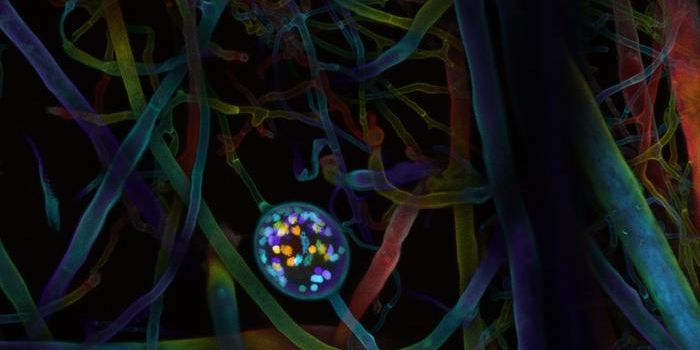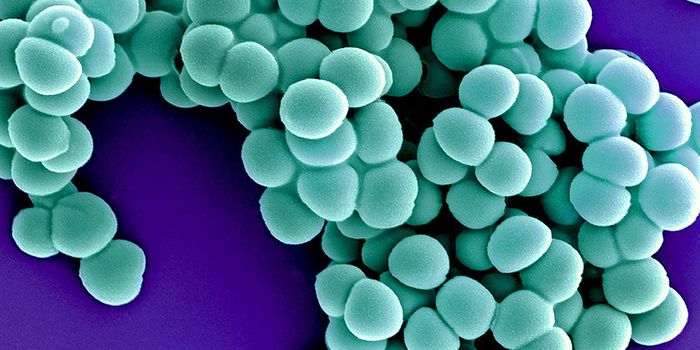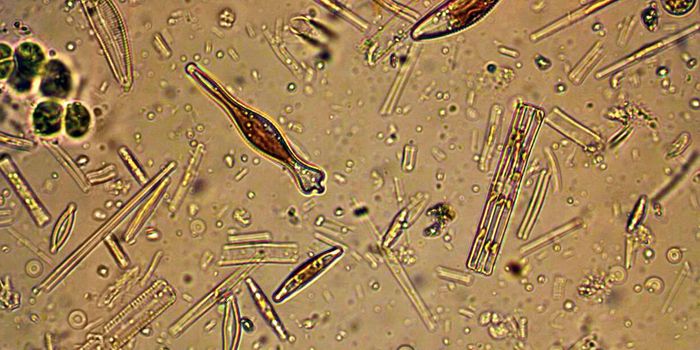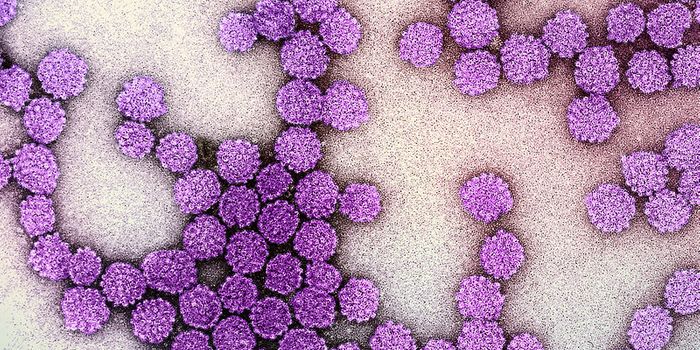Scientists have discovered a microbiome in the reproductive tract of male mice that harbors potentially harmful bacteria.
Bacteria found in this specialized microbiome may pass from father to offspring, where it may lead to later disease risk, such as obesity. In fathers, some bacteria may initiate diseases, such as prostatitis, that can lead to prostate cancer.
“Microbiomes are influenced by many factors such as temperature, the pH or acidity of the environment, and whether there’s a food source to promote bacterial growth,” says Cheryl Rosenfeld, associate professor of biomedical sciences at the University of Missouri.
“The male reproductive tract includes a unique niche in which bacteria thrive, i.e. the seminal vesicles. These tubular glands produce seminal fluid, are located in an environment that is temperature controlled, and is rich in carbohydrates needed to feed bacteria. Our team set out to isolate this potential microbiome and analyze whether it could harbor harmful bacteria.”
For the study, researchers collected and isolated seminal fluid and vesicles from male mice and then sequenced the DNA of the bacteria located in the reproductive organs and fluid.
“The data showed that the bacterial composition found in the male reproductive tract contained potentially detrimental bacteria that can be transmitted to female reproductive partners and offspring,” Rosenfeld says. “The bacteria also could be the causative agent of chronic prostatitis, a possible precursor to prostate cancer in males.
“Additionally, further testing showed this bacterial community contains bacteria that may cause obesity in rats. Understanding how these genetic and environmental factors influence this particular microbiome could help in understanding how possible developmental disorders and diseases are passed down by fathers to their offspring.”
The study is published in
Scientific Reports.
Source:
University of Missouri
This article was originally published on
futurity.org.

